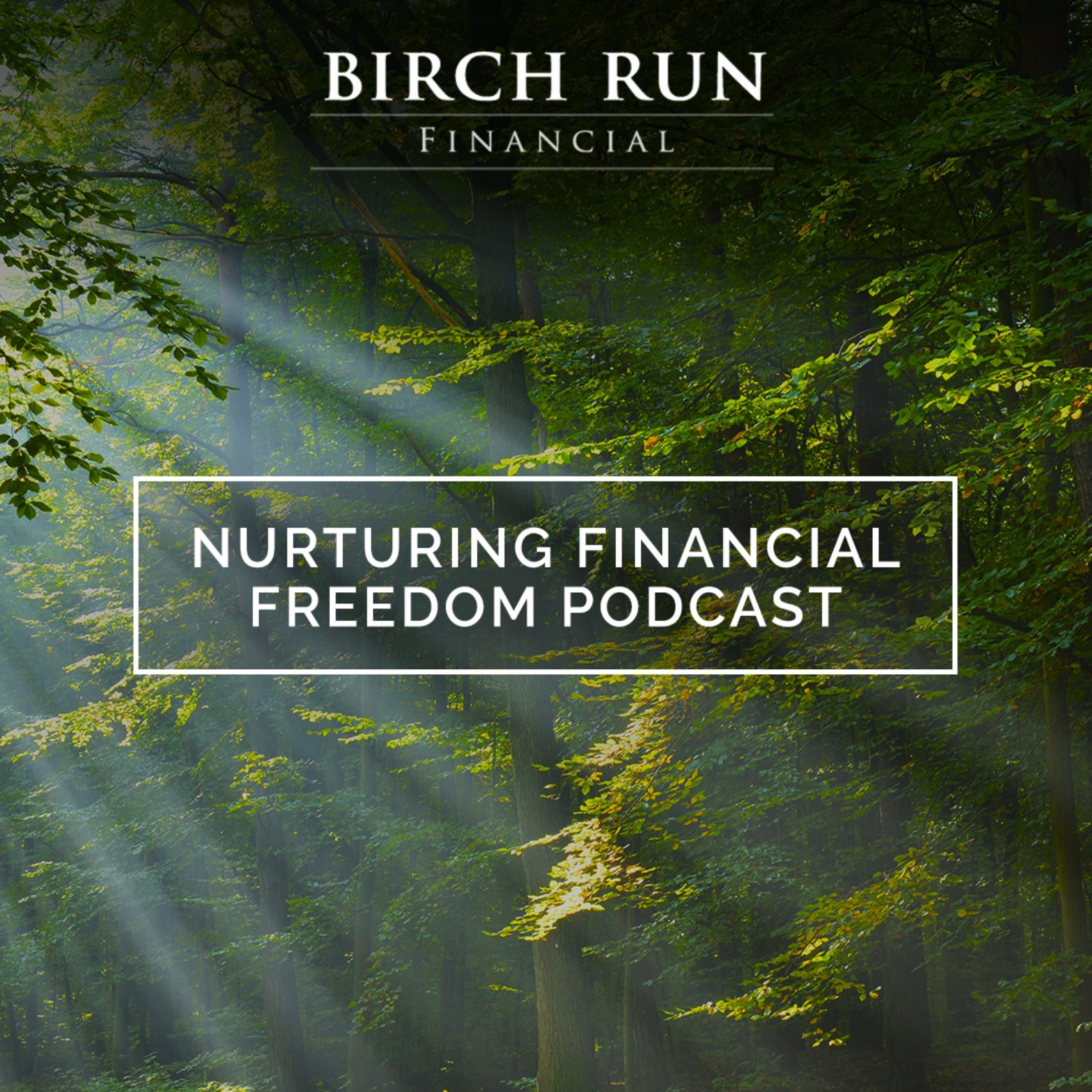All About Bonds
Money markets, CD's and bonds are paying reasonable interest for the first time in years. Today, Alex Cabot and Ed Lambert of Birch Run Financial take us on a "crach course" on fixed income and how it works.Alex starts by explaining bonds - essentially a loan, or contract between a lender and borrower. He also explains the three main bond categories - government, corporate, and agency. Additionally, we talk about maturity lengths and tax-equivalent yields. Alex runs through an equation that might be easier to read than hear:For interest rates, to find the taxable equivalent of a tax-free bond: take the yield and divide by (100 - your effective tax rate).Example: Your tax rate is 37%, so 100-37 = 63. For a 4% yield on a tax free bond, take 4 divided by .63 = 6.35. Your taxable bond would need to be 6.35% to yield the same as a 4% tax free bond.Like all investments, bonds carry risk - they are just different than the risks associated with the market. Ed explains credit risk, interest rate risk, and reinvestment risk. Remember the tradeoff - the higher the interest, the higher the risk. We also talk about long-term vs short-term bonds, and current rates, as of our recording on June 22, 2023.All data in today's episode are courtesy of YCharts.At Birch Run Financial, we believe in a time-tested, diversified, long-term approach. Alex, Ed, and their team are always happy to have a conversation about your investment questions, whether you're a client or not.You can always email Alex and Ed at info@birchrunfinancial.com or give them a call at 484-395-2190.Or visit them on the web at https://www.birchrunfinancial.com/Alex and Ed's Book: Mastering The Money Mind: https://www.amazon.com/Masteri....ng-Money-Mind-Thinki

